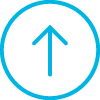
The QA Commons is mindful of the dramatic and transformational impact COVID-19 is having on all institutions of higher education. As an organization, we are adapting our services to support preparing graduates for the workplace that is now changing more precipitously than ever.
The rise of Artificial Intelligence is causing rapid change in jobs and workplaces. While we cannot predict what exactly the future will look like, we know it is going to be different! Workers will need to be able to learn and adapt – else be left behind.
We asked ChatGPT, “How will AI change the need for employability skills in the workplace?” The answer (retrieved November 7, 2023) was that “Employability skills will evolve to encompass a blend of technical and soft skills that enable individuals to work effectively alongside AI, leverage its capabilities, and contribute value in areas where human traits and judgment are essential. As a result, individuals who can adapt to this changing landscape and acquire the necessary skills will be well-prepared for the future of work.”
“Learning & Adaptability” is one of QA Commons’ eight Essential Employability Qualities. It includes approaching new or unfamiliar work and uncertainty with agility and openness; considering strengths and areas for improvement, per feedback from supervisors and one’s own self-reflection of strengths and weaknesses; and seeking out and engaging in formal and informal professional learning opportunities on a continuing basis. Interestingly, in QA Commons’ work with education and training providers, “Learning & Adaptability” is frequently the EEQ that faculty and instructors struggle the most to incorporate within the curriculum. Below are a few ideas for educators to consider.
Solution #1: Reflection, Reflection, Reflection
Reflecting on one’s experiences, actions, and decisions helps one become more aware of strengths, weaknesses, values, and beliefs. This self-awareness is a fundamental step in personal and professional development. QA Commons suggests programs incorporate reflective exercises into the curriculum. Asking students to reflect on the way they approached an assignment and prompting them to think about and describe both what they did well and what they could have done better brings learning to the next level. Providing students with criteria for assessing their own work can be a good way to ensure students are on the right track with their reflection. Another idea is to have students prepare a personal “SWOT” analysis in which students assess their strengths, weaknesses, opportunities, and threats with respect to their learning and career growth. In 2023, QA Commons highlighted an exemplary internship program at Murray State University in which students engage in reflective exercises throughout their internship – helping them get the most possible learning out of their experience.
Solution #2: Allow (and Encourage) Students to Make Mistakes
Traditional education systems often place a strong emphasis on achieving high grades and conforming to strict standards, which can create pressure for perfection and dissuade risk taking and creativity. But mistakes are the best way to learn! When you make a mistake, there is a clear, immediate, and memorable opportunity for feedback. Mistakes are valuable opportunities for growth and improvement.
Programs might make a point of developing some exercises that offer a threat-free exercise and environment that encourages risk-taking and making mistakes. Another idea is to set up a discussion session around embracing challenges, persisting in the face of setbacks, and viewing failures as learning opportunities. In these sessions, students might share and celebrate their biggest failures – and what they learned from them.
Solution #3: Throw Students for a Loop
Course and grading rubrics are an educational best practice. However, when used incorrectly or inflexibly, they can stifle creativity and adaptability. Rubrics are often extremely structured and prescriptive and can promote conformity. While there are good reasons to outline for students exactly what is expected of them to succeed, this is not always how things play out in the workplace. What would happen if, in one exercise of the semester, the instructor purposefully threw students for a loop and suddenly “changed the assignment”? Of course, students would need to be given enough time to manage their schedules, but the grading rubric might actually include points for students’ “ability to pivot.” Another approach is to offer students loose guidelines for success, without being overly prescriptive. Assignments in the workplace are generally open-ended, with few instructions other than reaching the end goal. Students need practice in figuring out their own problem solving steps.
Continuous improvement is an organizational value at QA Commons. We reflect and adapt as we strive to make our services better and better. We’d like to help your students do the same. We hope you’ll reach out to discuss how we might work together in 2024!
Enter your email below to follow this project and receive notifications.
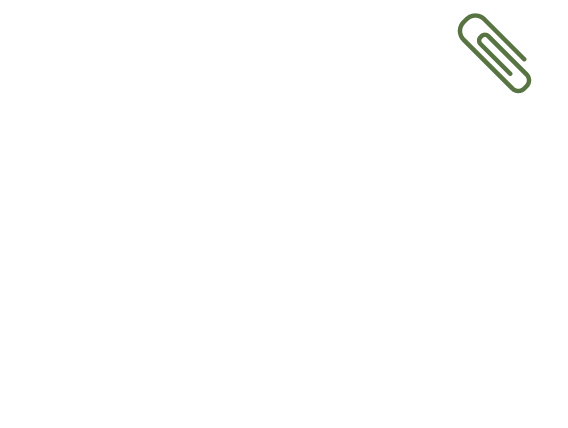
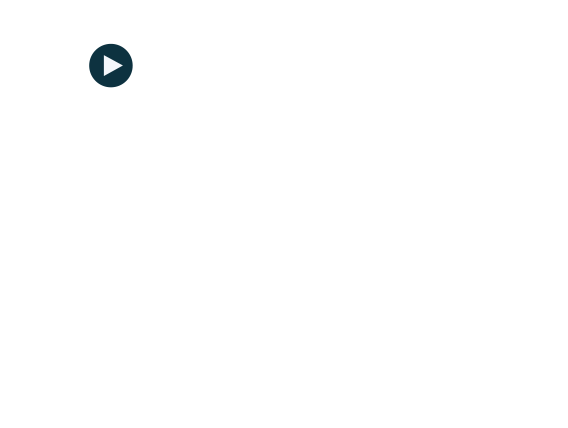
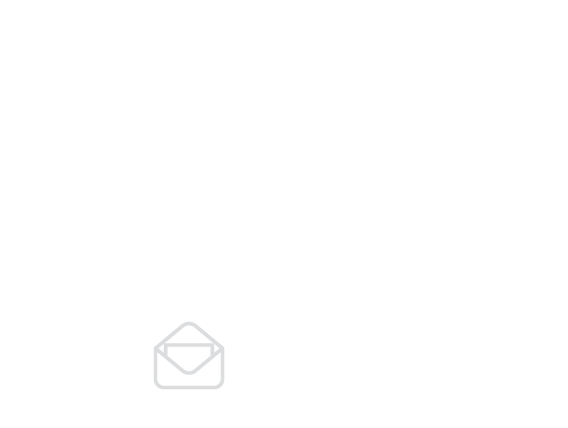
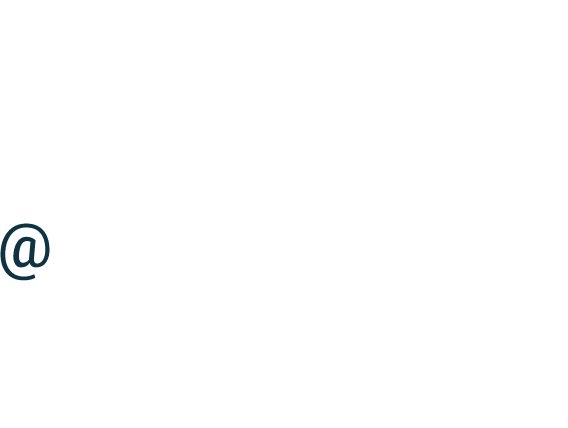
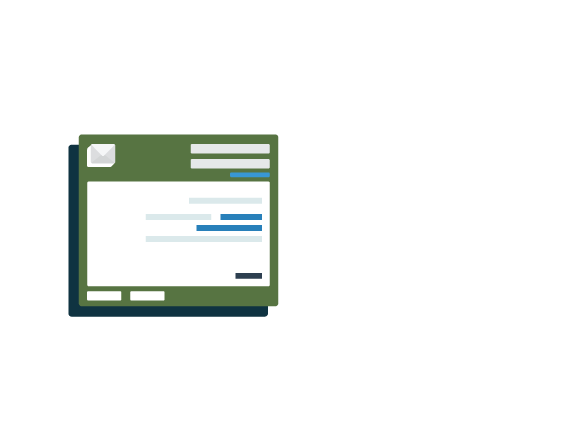



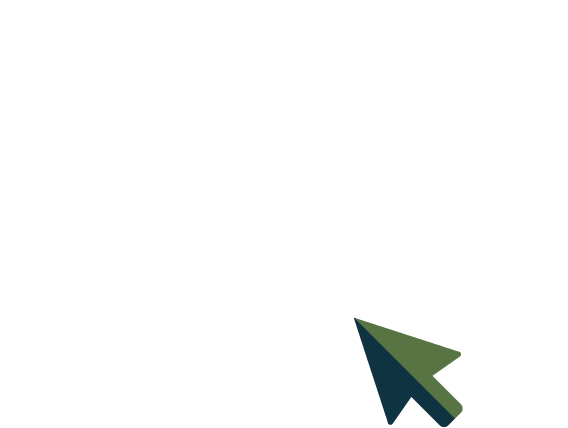
We appreciate you contacting us. One of our colleagues will get back to you shortly.
